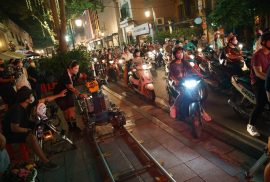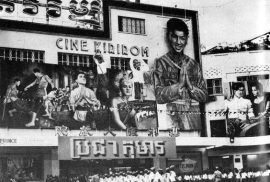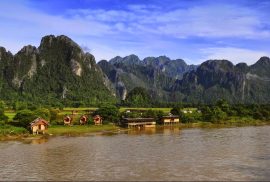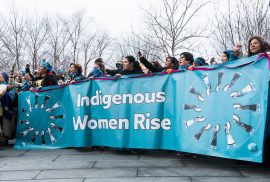Photo: Instagram post by @oatjo (2023, November 29)
Introduction
Because of the growing influence of entertainment, more tourists are flocking to visit destinations featured in various media, notably films. Reflecting on this, Iwashita (2003) pointed out that film, television, and literature wield significant power in shaping the travel preferences and destination choices of individuals. Through the lens of films, individuals are exposed to a variety of destinations, igniting their interests by portraying the unique attributes and attractions of each one. For instance, the global popularity of South Korean entertainment, known as Hallyu or Korean Wave, has led to a surge in tourism to South Korea, with many fans of Korean dramas visiting filming locations. Not just showcasing breathtaking natural landscapes, films also serve as powerful marketing tools, promoting destinations through captivating narration and visuals (Horrigan, 2009).










